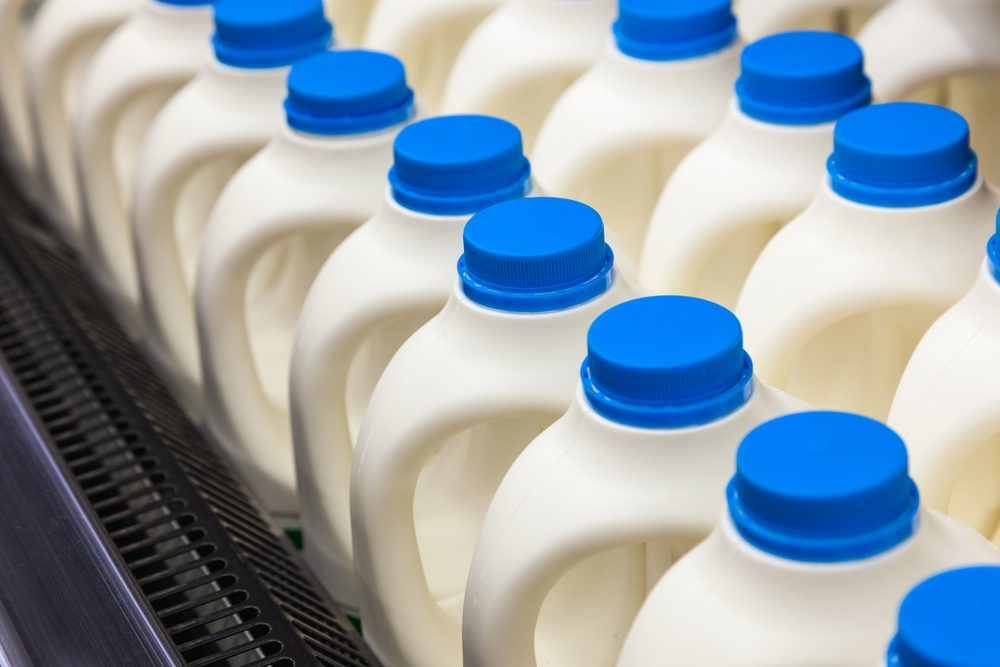A number of the major dairy companies in the UK have moved to increase the October farm-gate milk price.
Companies such as Dairy Crest, Arla Foods and First Milk have all increased the October milk price paid to their suppliers by between 1-2p/L, following some recovery in the dairy markets.
Dairy Crest has announced a 1.5p/L milk price rise which will be phased out over two months from October 1.
An 1p/L increase will come into effect from October 1 and a further 0.5c/L will be applied on November 1.
Head of Procurement with Dairy Crest, Ruth Askew, said the price rise follows inflation across dairy markets and a fall in milk volumes.
Dairy Crest Direct Chairman Steve Bone also said the increases in October and November recognise the company’s quick response to improving dairy markets.
Another UK-based dairy company, First Milk, has also announced that it will increase the milk price paid to its suppliers during the month of October by 2p/L, making it the largest monthly increase since 2007.
The company’s Chairman Clive Sharpe said that the October increase is the fourth consecutive monthly milk price rise.
The increase reflects both the improved market returns and the accelerating improvements in our own business.
“Due to the changes made over the last 18 months we are now able to pass market moves directly onto members and this has resulted in a 1p/L increase for October.
“In addition our improved internal business efficiency has allowed us to deliver a further 1p/L of the Business Performance Supplement that we committed to pay earlier this year,” he said.
The dairy processor is also forecasting that its milk price will continue to rise in the coming months as Sharpe said the outlook is positive and prices could hit 25c/L.
Arla Foods has also announced that it will be increasing its October milk price by 2c/L from October 1.
Arla Foods amba Board Director, Johnnie Russell said that the October milk price rise is good news for farmers as the markets are beginning to show signs of improving.
Commodity markets, as well as yellow cheese markets in Europe, are continuing to strengthen, and prices across European retail markets also continue to firm.
“Milk production in the EU continues to slow down, and we expect this trend to carry on over the coming months,” he said.

